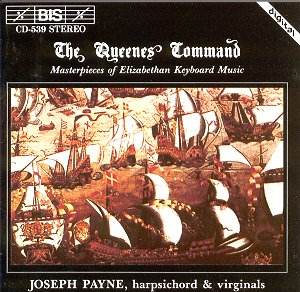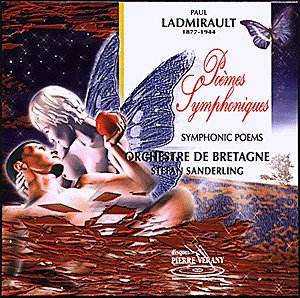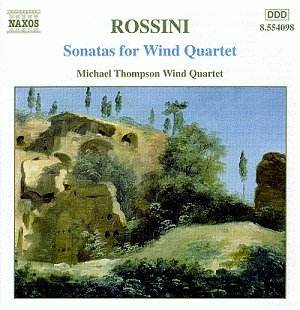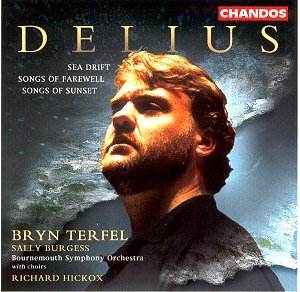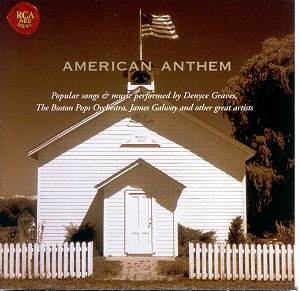 Composer: Various
Composer: Various
Works: American Anthem, America the Beautiful, Star-Spangled Banner, Fanfare for the Common Man, Lift Ev’ry Voice and Sing, Shenandoah, America, Variations on a Shaker Melody (“Simple Gifts”), God Bless America, He’s Got the Whole World in His Hands, Battle Hymn of the Republic, From a Distance, Alleluia, Amazing Grace, Lord’s Prayer
Performers: Denyce Graves (soprano), Boston Pops Orchestra, San Francisco Symphony Orchestra, Boston Gay Men’s Chorus, Boston Pops Gospel Choir, Tanglewood Festival Chorus, RCA Victor Orchestra, Galway Pops Orchestra, Richard Stoltzman (clarinet), Marian Anderson (soprano), others
Recording: Unspecified
Label: RCA
The collection titled “American Anthem” emerges from a uniquely reflective moment in American history, following the seismic shifts wrought by the September 11 attacks. This compilation, released shortly thereafter, seeks to encapsulate the essence of American spirit through familiar patriotic and folk melodies. The repertoire spans a wide emotional landscape, from the buoyant optimism of “America the Beautiful” to the solemnity of “Battle Hymn of the Republic.” Yet, the very familiarity that this collection capitalizes on also invites scrutiny regarding its artistic merit and interpretative depth.
At the heart of this recording is Denyce Graves, whose voice commands attention with a rich, gospel-inflected resonance. Her contributions to pieces like “Lift Ev’ry Voice and Sing” and “He’s Got the Whole World in His Hands” showcase her ability to infuse traditional songs with emotional weight. Graves’ interpretation of “He’s Got the Whole World in His Hands,” in particular, stands out as a high point; the delicate piano accompaniment allows her voice to soar with sincerity and conviction. However, the overall selection of pieces tends to lean towards the banal; the musical content often lacks the complexity and nuance that might elevate these performances beyond mere nostalgia.
The technical execution throughout the disc is competent, yet it often feels constrained by the choices made in orchestration and arrangement. For instance, the Boston Pops Orchestra’s performance of “Fanfare for the Common Man” lacks the boldness and urgency that Copland’s score demands. Instead, it settles into a comfortable groove, which, while pleasant, diminishes the fanfare’s inherent grandeur. Similarly, the arrangements of “Shenandoah” and “God Bless America” fail to exploit the dynamic potential of the orchestral forces at play, rendering these familiar tunes almost forgettable, rather than stirring or inspiring.
Sound quality and engineering present a mixed bag; while the clarity of individual voices and instruments is commendable, the overall balance often feels uneven. The lush orchestral textures do not always support the vocalists adequately, particularly in ensemble pieces like the “Star-Spangled Banner,” where the chorus occasionally overpowers the soloists. Comparatively, many traditional recordings of these songs, such as those by the Mormon Tabernacle Choir or performances featuring John Williams’ orchestrations, offer a more profound sense of drama and resonance that this collection struggles to achieve.
This anthology of American songs, though rich in historical context and cultural significance, ultimately presents a conundrum. The collection serves as both a tribute to the American spirit and a reflection of its more commercialized iterations. While the emotional undercurrent of these works resonates with many, the lack of interpretative depth and adventurous arrangements leaves much to be desired. The album may find its place as a nostalgic artifact rather than a compelling musical statement, appealing primarily to those seeking comfort in familiarity rather than a deeper exploration of America’s rich musical tapestry.
